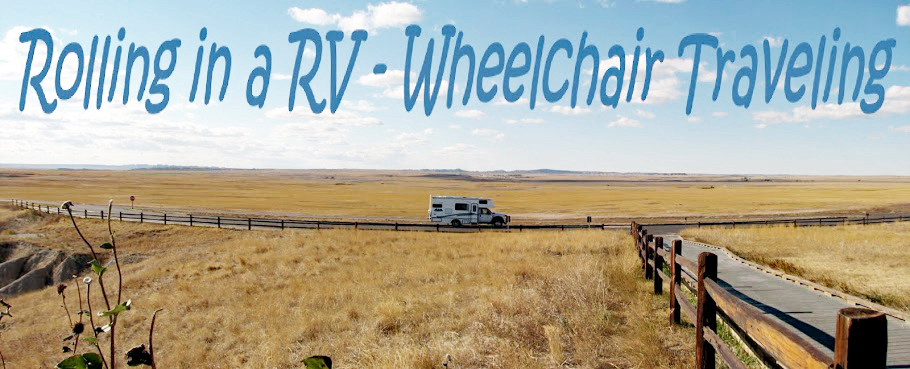
In 1854 Thomas Evans and Serena Chesnut Haile moved their family and slaves from South Carolina to Florida where Thomas Haile had purchased 1,500 acres for the purpose of growing Sea Island cotton. The house is rather plain for a plantation house. In fact curtains were never hung and the walls are bare plaster. At some point early in the history of the house, the family started writing on the walls and this tradition continued through the years as the house progressed to a weekend and holiday place. Most of the writing is by invited guests who signed their names and added the date.
A wide paved walkway leads from the parking lot to the house.The house has a ramp along the side. The bottom floor is accessible but some of the thresholds have a large hump. The second floor has stairs only. Photographs of the second floor aren’t provided.
The parking area is large enough for RVs parked lengthwise. House
29.59232, -82.43428




That reminds me a little of the writing that's sealed in rock at the Oregon Caves Monument, the plaster almost has the same color as the stone in the cavern.
ReplyDeleteI've never heard about that. Who wrote on the rocks in the cave?
ReplyDeleteIt was a professor that used to take his students up there back in the late 1800s, around 1890 or so. He and whatever class he had with them would sign their names on the rocks with a wax pencil.
ReplyDeleteOver the years, the signatures became sealed in a layer of minerals that formed over the top of them, permanently sealing them in the rock.
Here's a picture from my "Great California Adventure" trip from 2007.
http://truckcampers.fanworks.org/kit_camper/trips/cali_trip/dest01/P1020136.JPG
The image is in the post:
http://redneckexpress.blogspot.com/2009/11/great-california-adventure-part-1.html
I didn't detail it in that post at the time, I was originally writing it up as forum thread, so I forgot about ading in alot of smaller details.
Thanks for the links Matt. You got a pretty good picture of the signatures. It's cool how they got sealed into the rock!
ReplyDelete